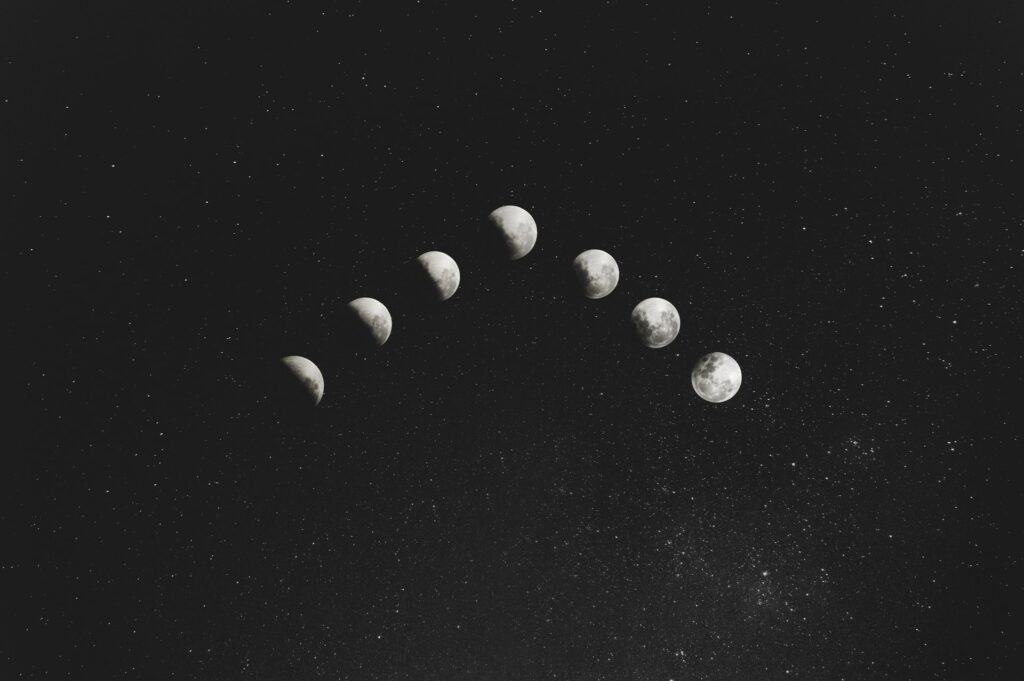There are a lot of ancient stories wherein human activities are correlated to phases of the moon but almost all of them lack proper evidence. But now, a new study has found out significant evidence for lunar effects on sleep patterns.
A research team led by Professor Horacio de la Iglesia from the University of Washington conducted a test on 98 members living in three Toba-Qom Indigenous communities in Formosa Argentina.
All the three communities differed by their electricity access, the three selected communities were
1. A rural community had no electricity access
2. Another rural community had only limited access to electricity
3. A community which was located in an urban setting and had full access to electricity
The team gave them wristwatches and compared their sleep patterns with the amount of moonlight.
Observation clearly showed that the group went to bed later and slept less as the moon approached full. This pattern was
Depending on the community, the participants slept about 46-58 minutes more around the dark of the Moon as when it was nearly full, and they fell asleep around 30 minutes later.
Another study by Iglesia used sleep data from 464 college students in Seattle. Iglesia said that the effect was present in both places, with less and more access to electricity but the variation was less in urban settlements.
The team also found a second, “semilunar” oscillation of sleep patterns in the Toba-Qom communities, which seemed to modulate the main lunar rhythm with a 15-day cycle around the new and full moon phases.
This semilunar effect was smaller and only noticeable in the two rural Toba-Qom communities.
Casiraghi, a UW postdoctoral researcher in the Department of Biology, says that future studies will have to confirm this semilunar effect, which may suggest that these lunar rhythms are due to effects other than from light, such as the moon’s maximal gravitational tug on the Earth at the new and full moons.
“In general, there has been a lot of suspicion on the idea that the phases of the moon could affect a behaviour such as sleep — even though in urban settings with high amounts of light pollution, you may not know what the moon phase is unless you go outside or look out the window,” said Casiraghi. “Future research should focus on how: Is it acting through our innate circadian clock? Or other signals that affect the timing of sleep? There is a lot to understand this effect.”
Journal Reference:
Leandro Casiraghi, Ignacio Spiousas, Gideon P. Dunster, Kaitlyn McGlothlen, Eduardo Fernández-Duque, Claudia Valeggia and Horacio O. de la Iglesia Moonstruck sleep: Synchronization of human sleep with the moon cycle under field conditions Science Advances 27 Jan 2021: Vol. 7, no. 5, eabe0465 DOI: 10.1126/sciadv.abe0465

